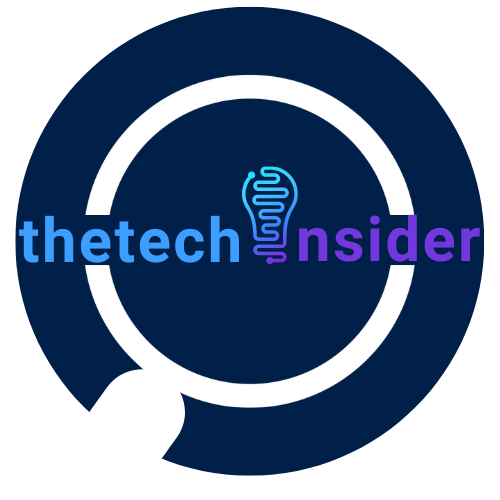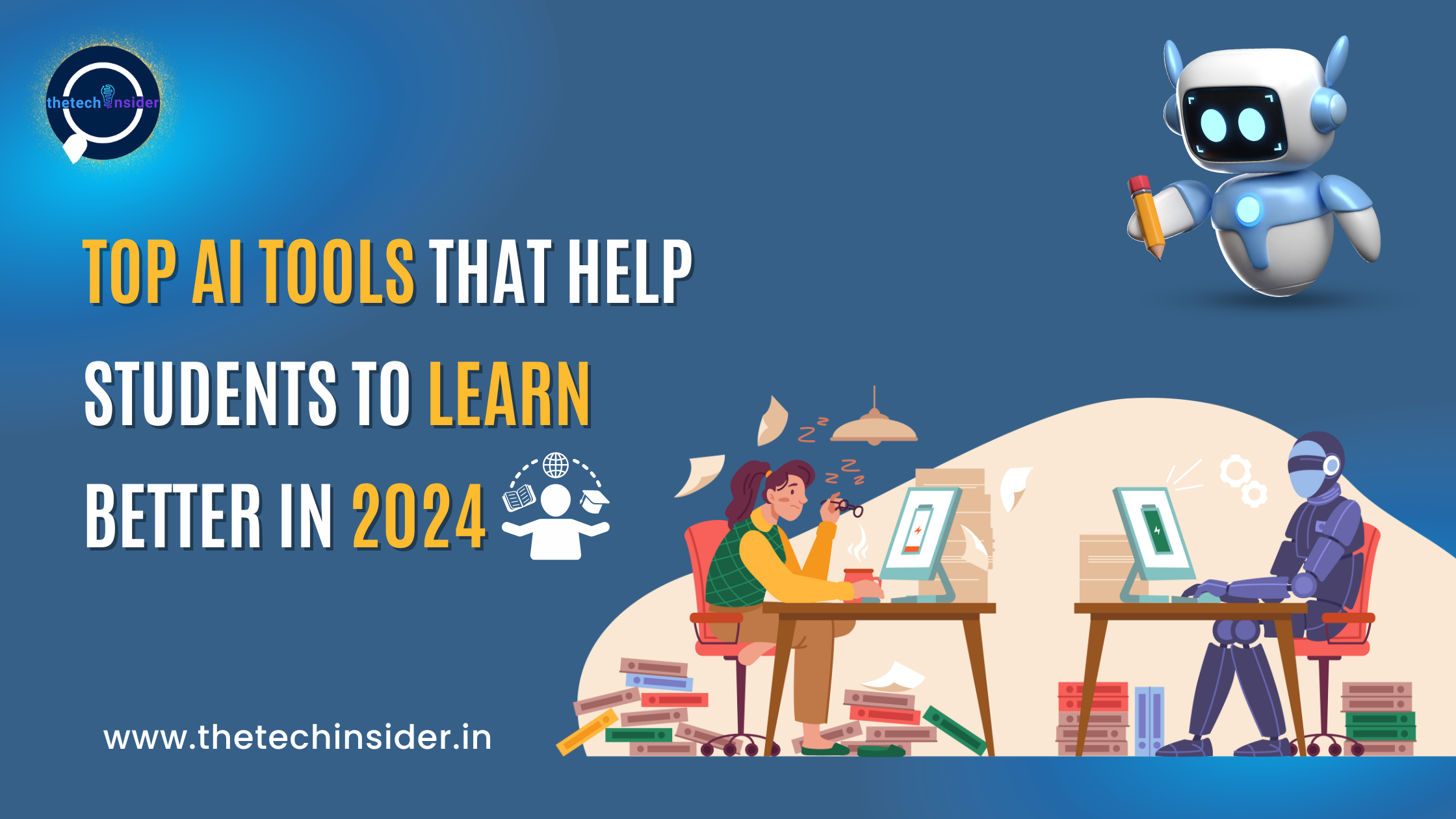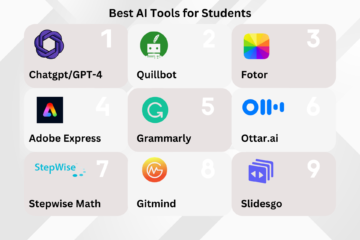Suffering from that awkward moment when you are staring at a problem that reminds you of rocket science? Fear not, fellow students—the world of education has a new hero in the form of AI tools (sometimes known as education AI)—your classroom assistant! Rather than struggling alone, these intelligent tech assistants can answer your questions, direct your studies, and help you achieve great academic feats. But what exactly are AI tools, and how can they help you overcome your academic mountain? Fast forward to the exciting world of AI-powered learning!
Table of Contents

Meet Your Personal Learning Genie
The power of AI-powered chatbots can be similar to having a personal tutor that is always available to answer any question you may have. Simply type in your query, and these resourceful bots will search the internet for concise explanations, illustrations, and even videos to assist you in understanding.
If you are stuck on a math problem, Socratic and Photomath will analyze your equations and provide step-by-step solutions, while StepWise will provide you with customized practice to help you improve.
Grammar Got You Grumbling? AI writing assistants such as Grammarly and ProWritingAid can help. These grammar experts can proofread your work for mistakes, offer suggestions for improvements, identify instances of plagiarism, and provide guidance on style, tone, and clarity to make your writing stand out like a gem.
Personalized Learning Pathways
The old-fashioned, one-size-fits-all approach to learning is not always effective. Artificial intelligence offers a solution with adaptive learning platforms such as Khan Academy and IXL, which monitor your progress, determine your areas of strength and weakness, and then create customized learning paths with videos, interactive exercises, and quizzes that suit your needs. It is like having a personalized study plan at your fingertips, isn’t it?
Sharpen Your Study Skills Like a Samurai
AI tools are not just for answering questions; they can also help you learn more effectively. Brainscape and Anki use AI-powered spaced repetition algorithms in their flashcards to help you memorize information with ease, while Focus Keeper and Forest use timers and gamification to combat distractions.
Quizizz is another such engaging and interactive platform. It offers a variety of features for both teachers and students as well. Teachers can develop and conduct live, collaborative quizzes to gain insights into student comprehension while allowing students to track their progress. Gamification and real-time results are a couple of the features that set this platform apart from the crowd.
And Wait, There’s More!
Explore apps that can translate languages in real-time, make mind maps to help you organize your thoughts, or even predict your exam scores! Keep in mind that artificial intelligence is a tool, and like any tool, it works best when used responsibly.
Therefore, research, experiment, and find the AI tools that best suit your particular learning style and academic objectives. Keep in mind that AI tools are not meant to replace teachers or the joy of learning; rather, they are here to support you on your journey, provide answers to your questions, and give you the tools you need to become a self-assured and independent learner. So, embrace the AI revolution, overcome your scholastic obstacles, and ace the upcoming test!
Beyond the Basics: AI Tools for Specific Needs
The aforementioned technologies provide general support, but in some cases, more specialized help is needed. Here’s how AI addresses the particular needs of students:
Struggling with a new language? Duolingo and Babbel utilize AI-powered adaptive learning to tailor your language journey, while Memrise gamifies vocabulary learning with interactive challenges.
Feeling timid when speaking? Elsa Speak and Italki connect you with online tutors for individualized feedback and practice.
Visual learners rejoice! Desmos and GeoGebra make math more approachable with interactive graphs and simulations; Explain Everything and Lucidchart allow you to build interactive mind maps, diagrams, and presentations to depict complicated topics.
Need help with research? Mendeley and Zotero help you organize your research materials and create citations in various academic styles, while QuillBot paraphrases and summarizes complicated texts, and Writefull offers AI-powered grammar and style recommendations for academic writing.
Conclusion
AI tools, when used responsibly, can be your savior against academic challenges. So, explore its potential, unleash its power, and start your journey of learning.
This blog post is just the beginning; keep in mind that the secret to academic success is a combination of efficient techniques, tailored learning, and a healthy dose of hard work! Are you ready to explore the world of AI tools? Share your favorite apps and experiences in the comments section below. Let’s build a community of students who leverage technology to achieve academic excellence! Stay tuned for more similar information on AI tools to make your life easier, at The Tech Insider.
FAQs
Are AI tools free of charge?
While some of the platforms, like Grammarly and Duolingo, to name a few, are free, others, like StepWiseMath.ai and Khan Academy, do require users to get a subscription or enroll in courses.
Are AI platforms worth paying for?
A majority of these platforms are designed to help students overcome their academic difficulties and improve their learning. Most of these platforms charge an affordable amount as fees from students for the proper functioning of the platform and to ensure students’ seriousness as well. However, it’s advisable for students and parents to go through the free trials or demo classes to ensure that the respective platform is a good fit for them before making any purchases.




